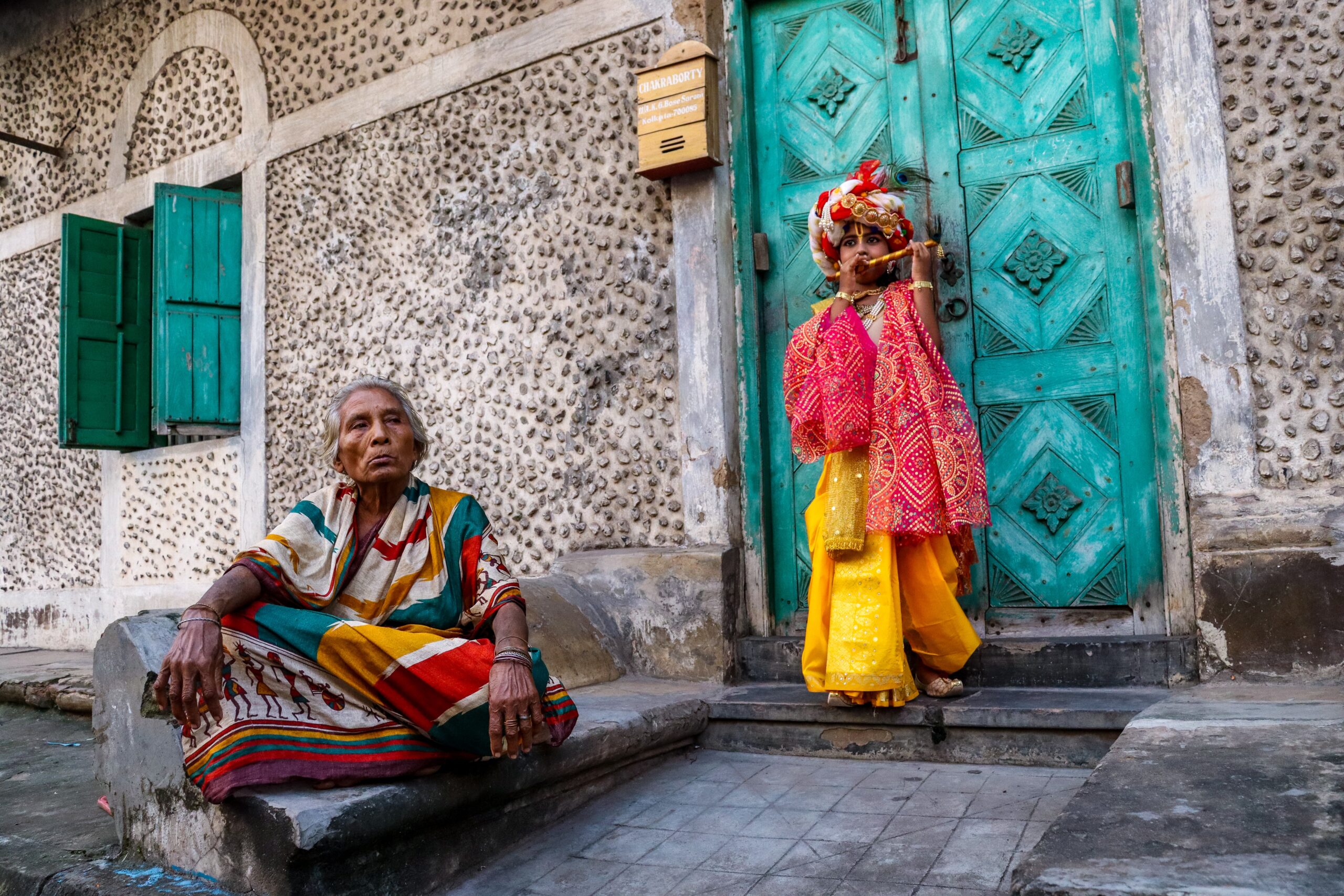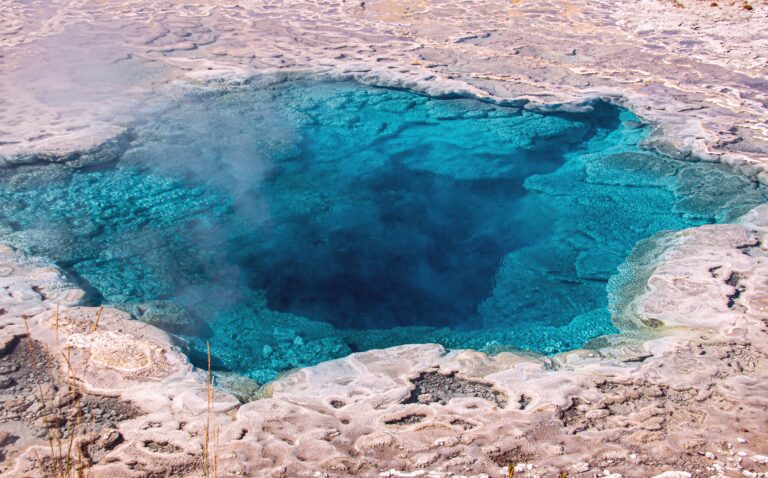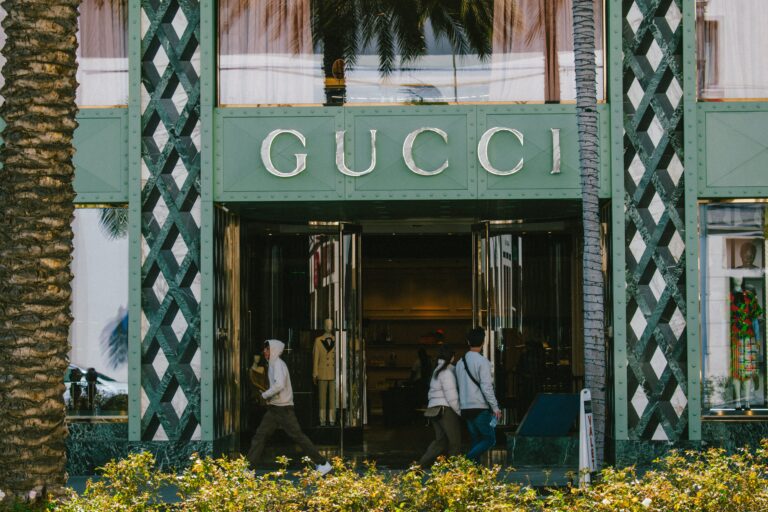Is Jamaica Rich or Poor? A Deep Dive into Jamaica’s Economy
Jamaica, an island nation known for its vibrant culture and picturesque landscapes, has a complex economic history. But is it rich or poor? Let’s delve into the details.
Is Jamaica Rich or Poor?
Answer: No, Jamaica is not rich.
Despite being classified as an upper-middle-income nation by the World Bank, Jamaica stands as one of the poorest countries in North America. The percentage of its population living below the poverty line slightly increased from 19.3% in 2017 to 19.5% in 2019.
Jamaica’s Economic Journey
Golden Era to Challenges
Jamaica experienced rapid economic growth from the 1950s to 1980, at one point being the fastest-growing economy in the world. However, the introduction of Democratic Socialism in the 1970s, perceived as Communism by the USA, led to significant economic challenges for the island nation.
External Interferences and Consequences
- Food shortages and hoarding, leading to empty supermarket shelves.
- Imported food shipments being dumped or found poisoned.
- Outbreaks of various diseases affecting key agricultural products.
- Mass migration of skilled professionals and business closures.
- Surge in unemployment rates, reaching 69%.
- Emergence of armed gangs and increased criminal activities.
- Devaluation of the Jamaican dollar.
- Restrictions and conditions tied to IMF loans.
- Forced governmental decisions, such as selling the electrical power service company and discontinuing Air Jamaica.
Disparities in Wealth
Jamaica showcases a stark contrast between the rich and the poor. While the northern coast and Kingston suburbs house the affluent, enjoying world-class amenities, a significant portion of the population lives in dire conditions, lacking basic necessities. This disparity is evident in areas like Trench Town and Jones Town.
On one hand, wealthy Jamaicans in areas such as Cherry Gardens, Arcadia Gardens, and Forest Hills enjoy first-rate housing, frequent upscale shopping centers, and maintain a high standard of living. They often send their children to private schools and universities abroad and employ private security forces for their protection.
Conversely, not far from these opulent neighborhoods, many Jamaicans live in squalor. They face challenges like poor housing, limited food supply, and inadequate access to clean water, quality health care, or education. In Kingston’s slum districts, such as Trench Town, Jones Town, and Denham Town, water supplies are often polluted, and violent youth gangs frequently clash with the police for control of the streets.
The wealth distribution in Jamaica is also significantly influenced by its historical background. The nation’s slave-plantation heritage has left a lasting impact on its socio-economic fabric. Descendants of black slaves often find themselves in the lower economic strata, while the white and mixed-race descendants of plantation owners and traders are generally better off. This racial and economic divide is further highlighted by income distribution statistics: in 1996, the wealthiest 20% of Jamaicans controlled 43.9% of the nation’s wealth, whereas the poorest 20% controlled a mere 7%. Furthermore, the bottom 60% of the population controlled just 34.3% of the wealth.
Such disparities are not limited to urban areas. Rural regions of Jamaica also witness significant economic challenges. Many rural workers resort to subsistence farming or participate in the informal economy, sometimes even engaging in illicit activities like the drug trade. The decline in the quality of social services over the years has further exacerbated the hardships faced by both urban and rural poor populations..
Current Economic Scenario
Jamaica’s economy is predominantly service-based, contributing to over 70% of its GDP. Major sources of foreign exchange include tourism, remittances, and bauxite/alumina. However, the nation grapples with challenges like high crime rates, corruption, and a high debt-to-GDP ratio. Efforts are being made in collaboration with the IMF to reduce this debt.
Frequently Asked Questions
1. Is Jamaica richer than the USA?
No, Jamaica is not richer than the USA. The average monthly income in Jamaica is 473 US Dollars per capita, while in the USA, it’s 6,364 US Dollars. However, it’s worth noting that consumer goods in Jamaica are approximately 49.0 percent cheaper than in the USA. When comparing income and price levels, living in Jamaica is relatively more expensive than living in the United States.
2. What is the biggest problem in Jamaica?
The most pressing issues in Jamaica are crime and corruption. These challenges not only affect the daily lives of Jamaicans but also increase the cost of doing business in the country. While the Jamaican judicial system is known for its fairness, it’s also notorious for its slow pace, with some court cases taking years or even decades to conclude.
3. What is the cost of living in Jamaica?
In Jamaica, the estimated monthly expenses for a family of four are 2,818.9$ (436,066.9J$) excluding rent. For a single person, the monthly costs are around 791.0$ (122,356.6J$) without rent. Overall, the cost of living in Jamaica is about 27.8% lower than in the United States. Additionally, renting a place in Jamaica is on average 71.1% cheaper than in the United States.
4. What is considered a good salary in Jamaica?
In Jamaica, the gross monthly salary typically ranges from 66,666 JMD (the minimum salary) to 231,971 JMD (highest average). It’s important to note that this figure includes bonuses, and the actual maximum salary can be higher. However, the appropriate salary can vary significantly depending on the job category and individual qualifications.
Conclusion
While Jamaica has a rich cultural heritage and has seen periods of economic prosperity, it currently faces significant economic challenges. External interferences, historical disparities, and natural vulnerabilities have played a role in its current economic state.






